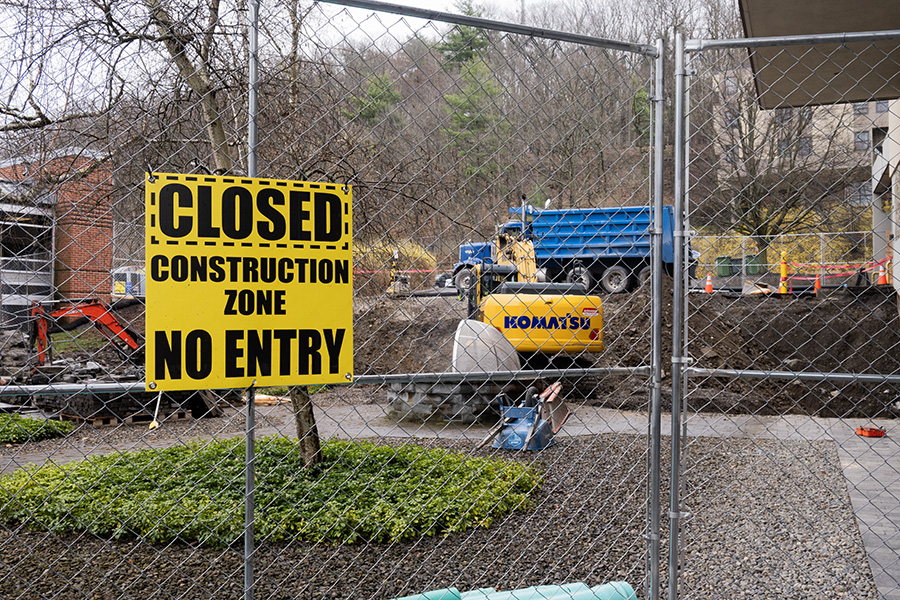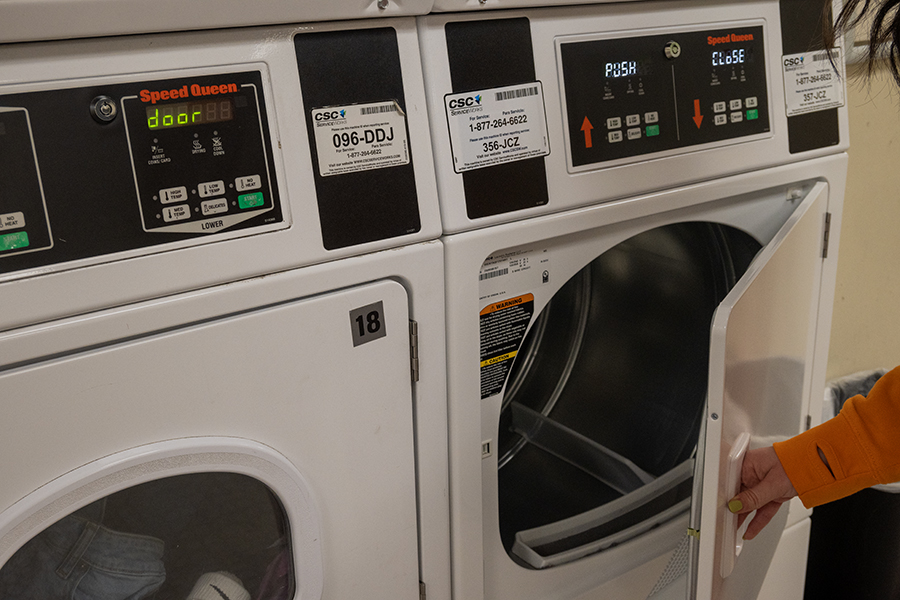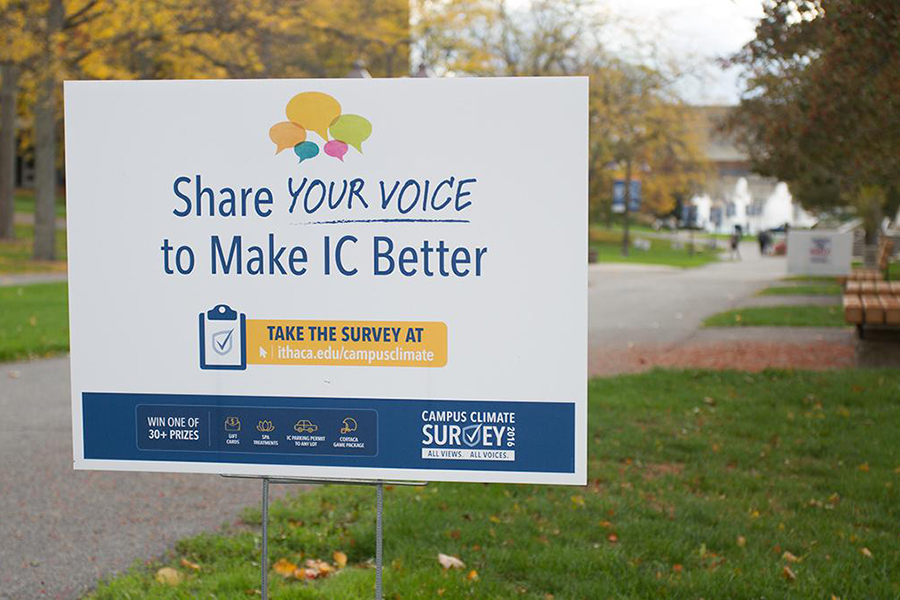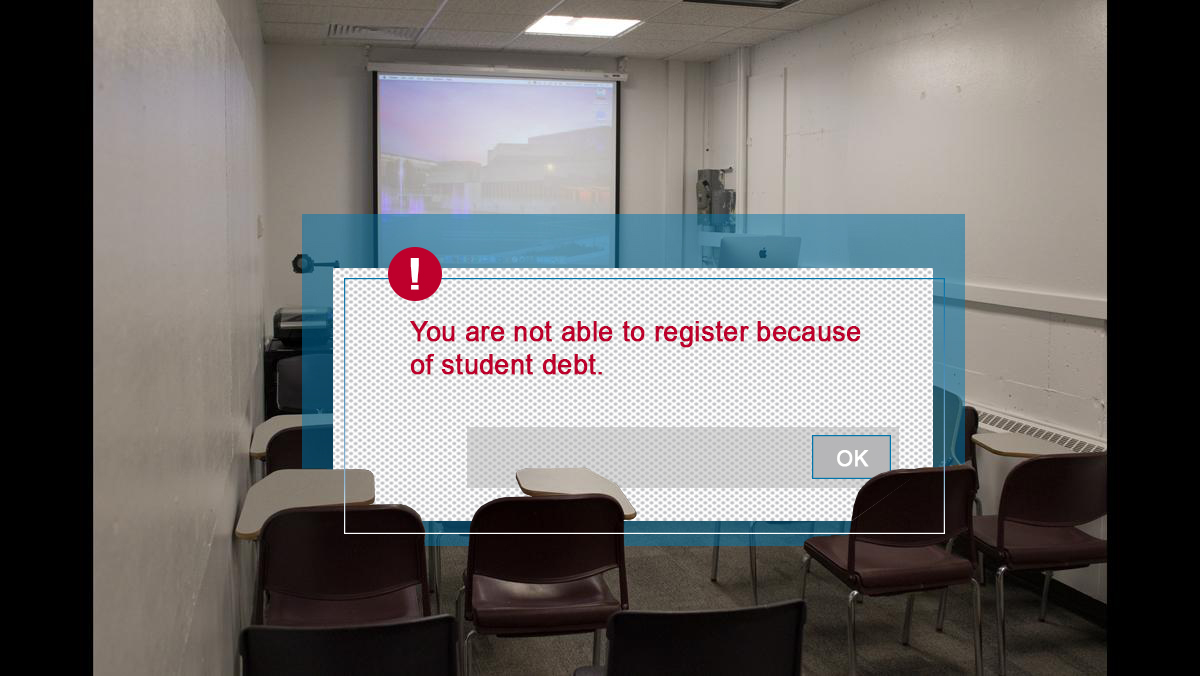Junior Kaitlin Hulbert has established enough interest among students on campus to allow the new Ithaca College student organization Media Alliance for People and the Planet to make a comeback for Fall 2014.
The goal of MAPP is to provide an outlet for students who are interested in having a place to explore the connections between the environment and the media. The students will be able to present research they believe fairly addresses environmental issues in the club’s publications and website.
In the spring of 2012, Virginia Mansfield-Richardson, associate dean of the Roy H. Park School of Communications, began MAPP as a program of the Park School. However, the organization fell apart in the fall of 2012 when there were not enough executive board members.
Having now established a foothold of student interest, Hulbert said she is set to re-establish MAPP as an official student organization for the fall of 2014.
Staff Writer Ashley Wolf sat down with Hulbert to talk about revamping the program, the goals of MAPP and the process of becoming an official student organization.
Ashley Wolf: Why did you want to revamp MAPP?
Kaitlin Hulbert: We have a lot of really great outlets for news and for communication on this campus, but something that we found when we talked to environmental students was that there wasn’t a space that was dedicated to talking about the way we talk about the media, especially the way we talk about the environment and how that influences how we think about the environment.
AW: Why did MAPP end in the first place?
KH: Virginia Mansfield-Richardson tried to start it up with now-graduated senior Kacey Deamer. Essentially what happened was that we started it off in the spring of 2012. We had a full executive board, and we had a great body of people. Then we came back in the fall, and we had a couple executive board members who had other commitments. We ended up in this stagnant place where we couldn’t find anyone interested in filling the leadership positions, and so it fell aside.
AW: What do you envision MAPP’s communication media looking like?
KH: Our main work is the publication, “The Environmental Issue,” but we eventually hope to develop into a more substantial research body and bring speakers to campus and establish more of a dialogue on campus.
AW: Why do you only want to produce one publication per semester?
KH: So we can give people time to do their research. At the same time, we are setting up a website where we are going to have more frequent, shorter, opinion-based pieces.
AW: What was the process for MAPP becoming an official organization?
KH: All we needed was 10 signatures for people who were interested in joining and an elected board of members. We’ll register for a table at the organization fair, and then in the fall we’ll make sure everything is set for that semester.
AW: How did you gain student interest?
KH: We did a lot of contact with professors and asked people to send out information. Through that, we got a hold of people who were interested and wanted to pursue this with us.
AW: Is MAPP designated for environmental studies majors?
KH: No. For the environmental research portion of it, anybody who has the skills and the interest, we’re open to. For the [spring publication], we are going to focus on people who have more of an interest in communication — journalism students, people at [the Park School] or other people who have an interest in establishing a norm and a body of research about what it means to write about the environment.
AW: Are there any professors working with MAPP?
KH: Our adviser is Dean Mansfield-Richardson. Maura Stevens is not a professor, but she works for the Park Center for Independent Media; she is also working on this project. We’ve also contacted a few other professors in Park and Jason Hamilton in the environmental studies and sciences department to see if they’d be interested in working with us.






